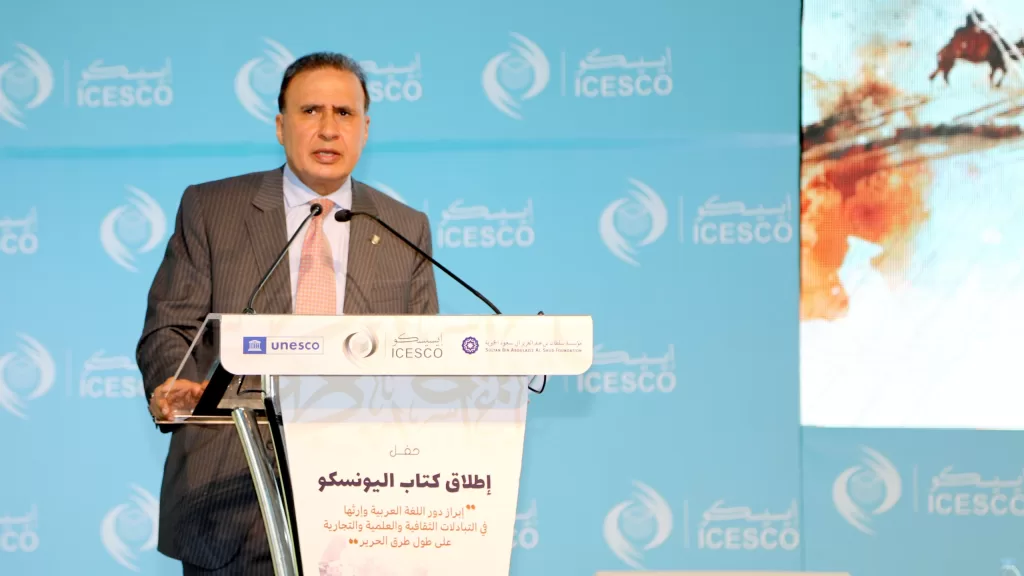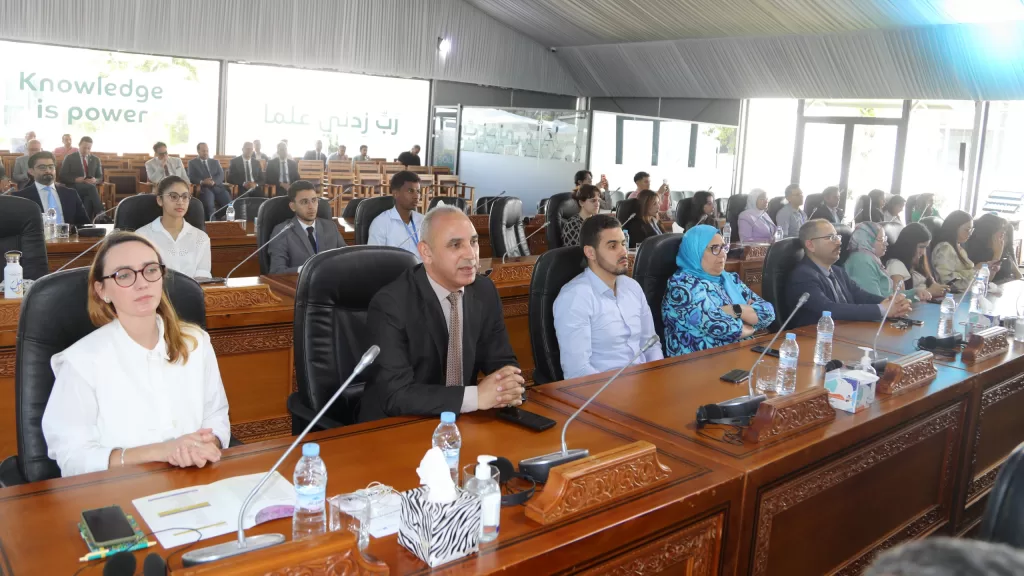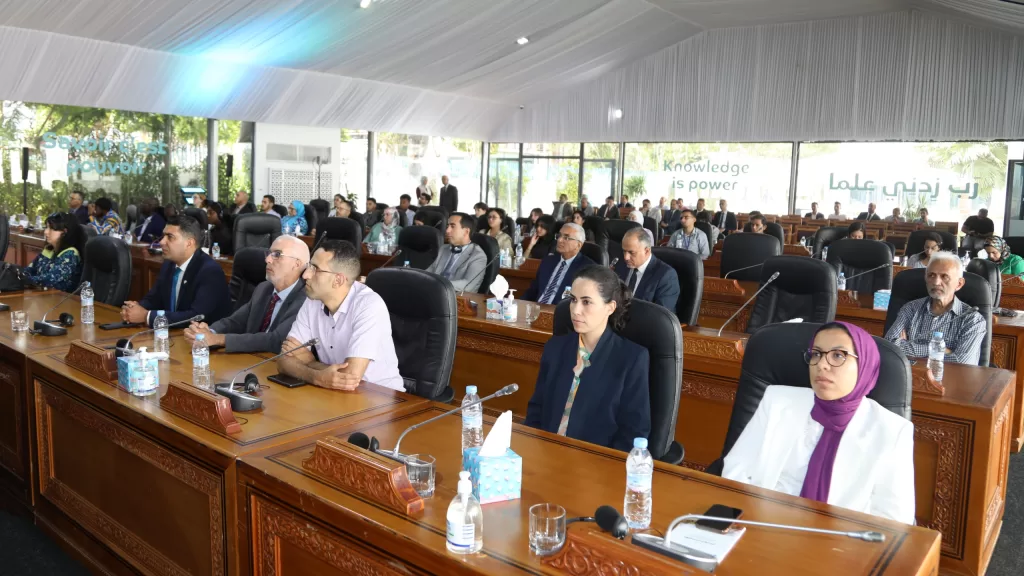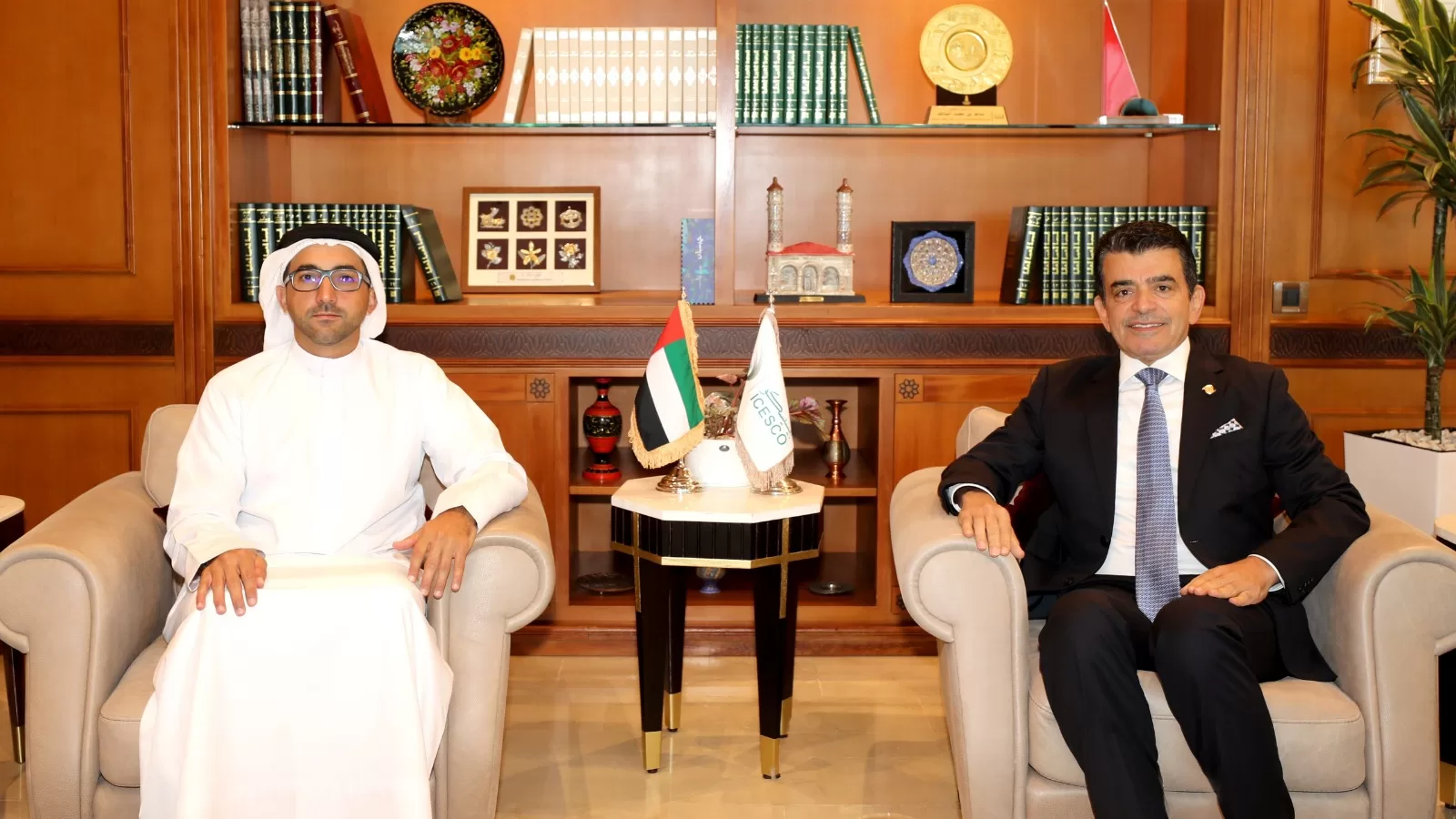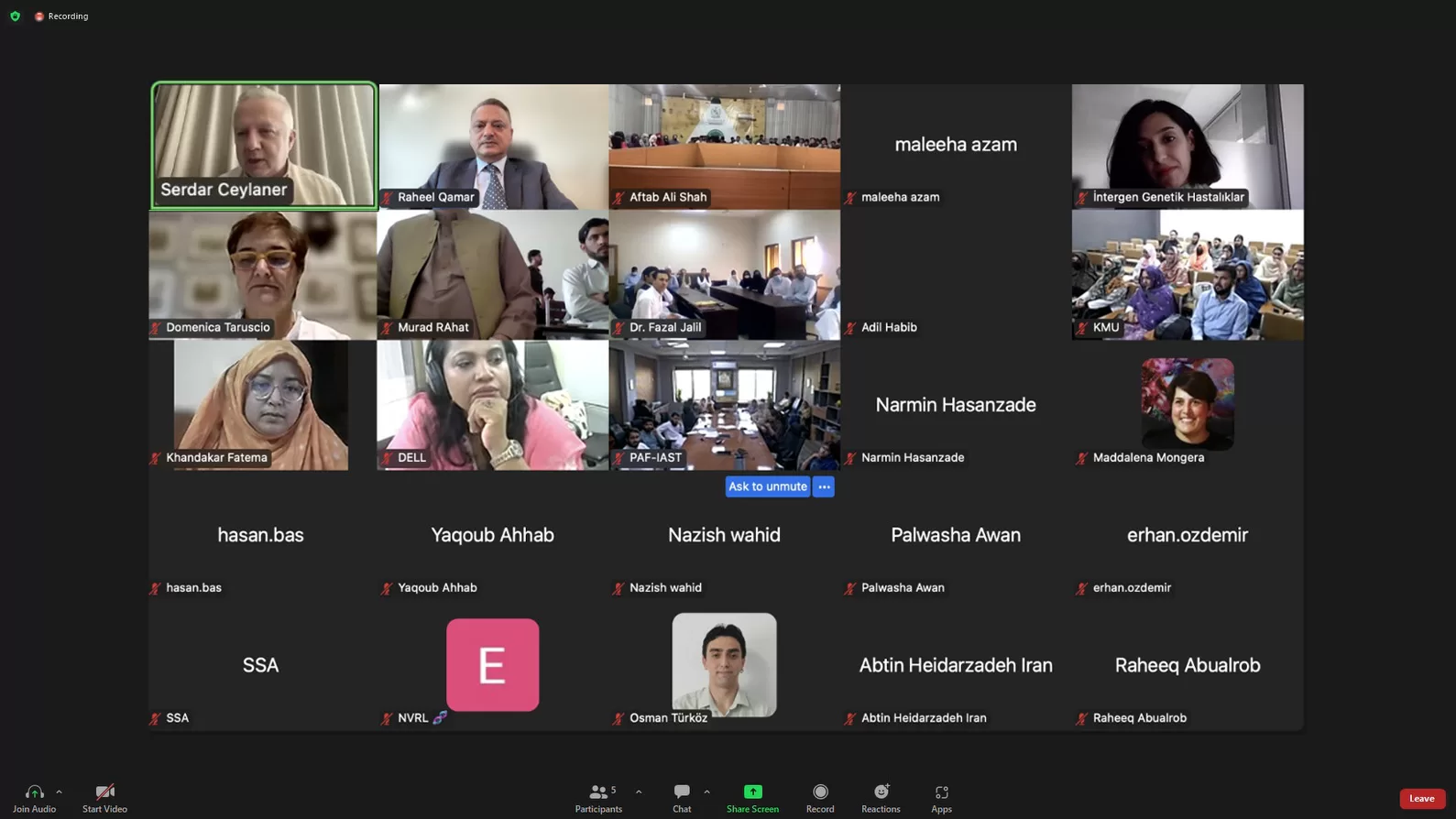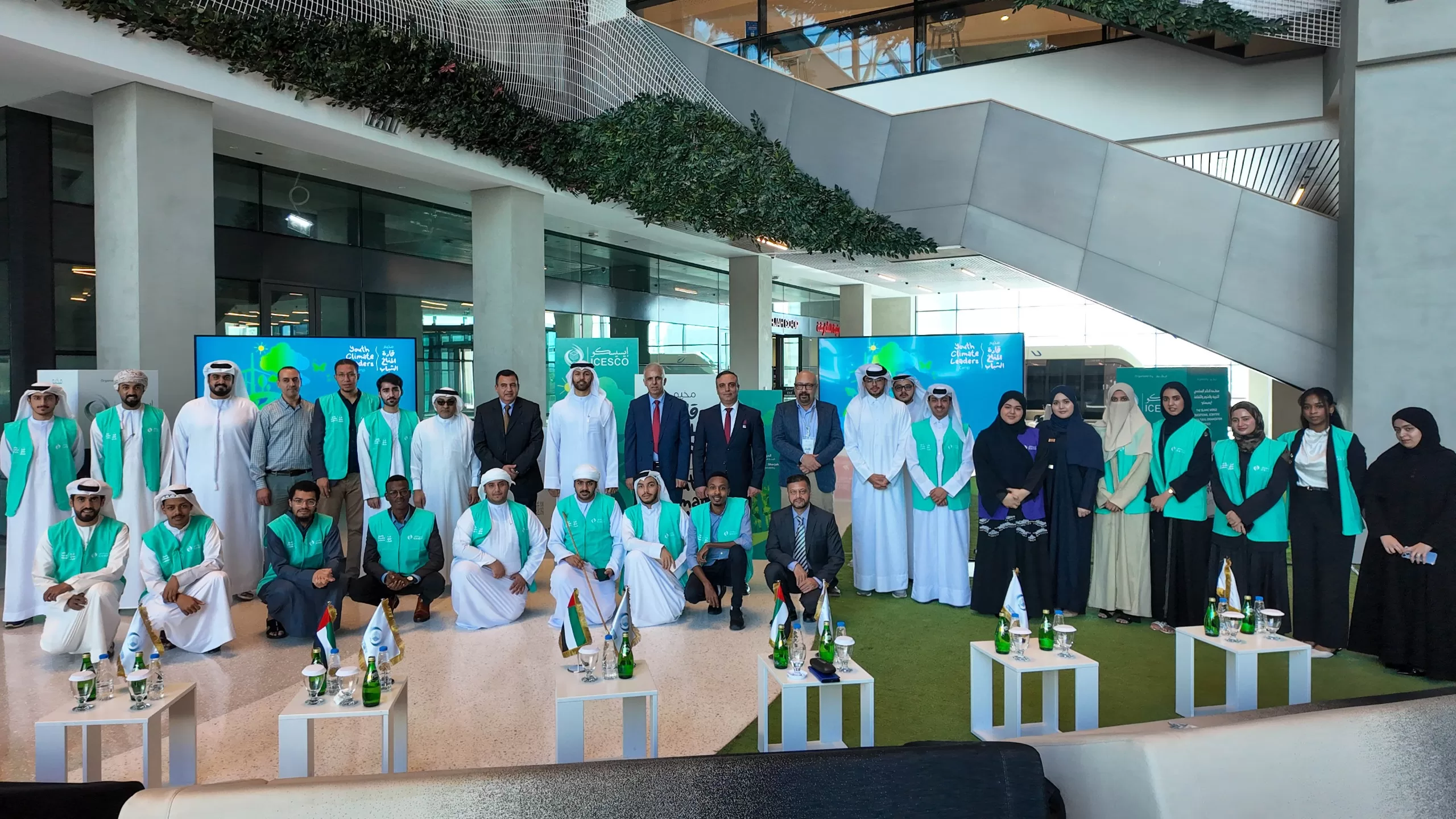
At ICESCO Headquarters: Launch of UNESCO’s Book on the Legacy of Arabic Language along Silk Roads
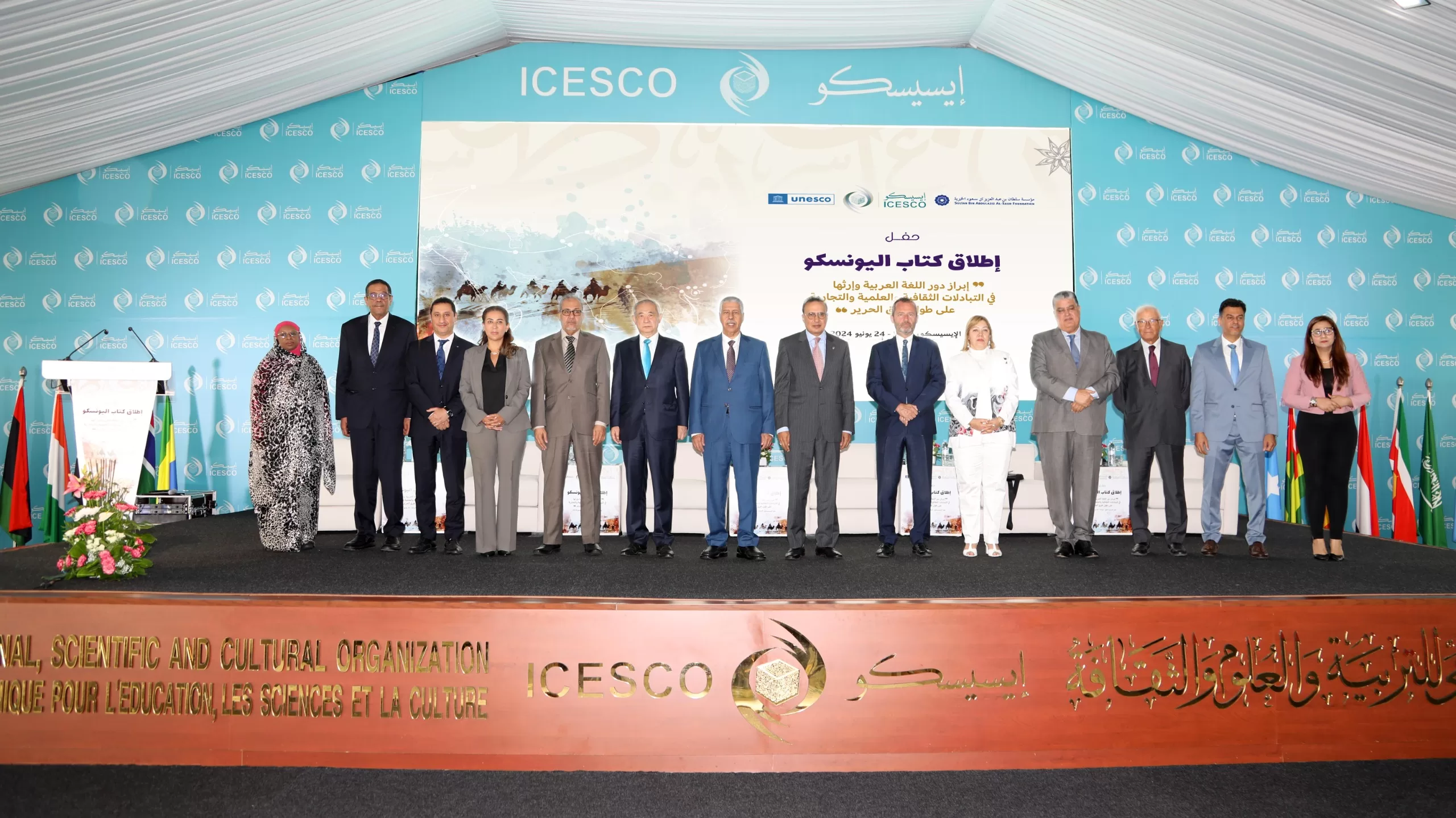
25 June 2024
The headquarters of the Islamic World Educational, Scientific and Cultural Organization (ICESCO) in Rabat hosted the launch event for UNESCO’s book, “Underlining the Role and Legacy of the Arabic language in Cultural, Scientific, and Commercial Exchanges along the Silk Roads,” on Monday, 24 June 2024. This publication is the fruit of a collaborative effort between UNESCO, the Sultan Bin Abdulaziz Al Saud Programme for the Arabic Language and the Silk Road Program.
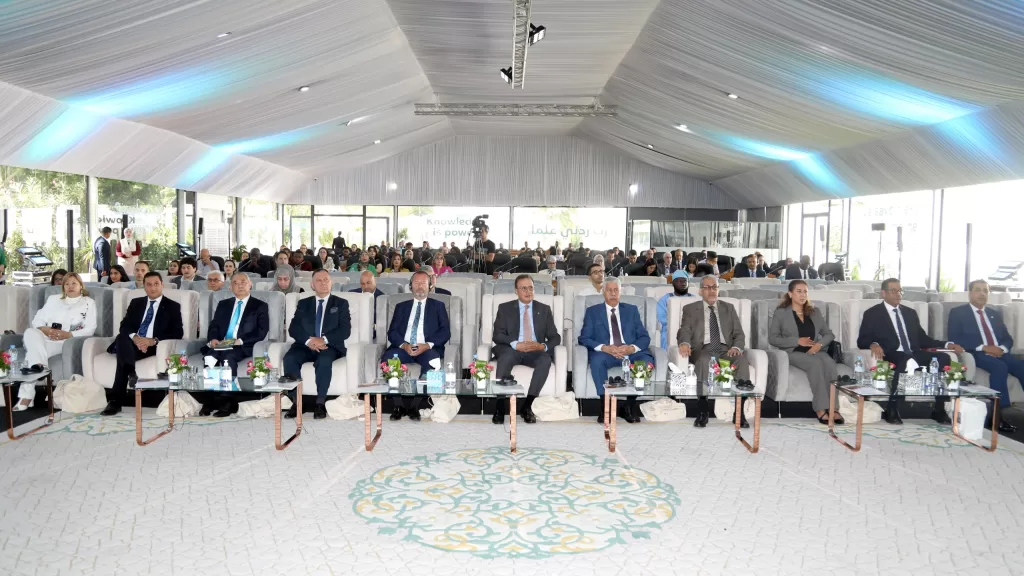
The event, organized by UNESCO and the Sultan Bin Abdulaziz Al-Saud Foundation, featured a distinguished audience and began with a recitation of verses from the Holy Quran, followed by a recorded speech from Dr. Salim M. AlMalik, ICESCO Director-General (DG), who commended the centrality of the Arabic language as highlighted in the book, emphasizing its role in enriching the Silk Road. He noted that Arabic, originating from the Arabian Peninsula, the cradle of the Islamic message, reached as far as China and Central Asia, extending to Türkiye and the borders of Europe. He also pointed out that translation to and from Arabic became one of the most lucrative trades.
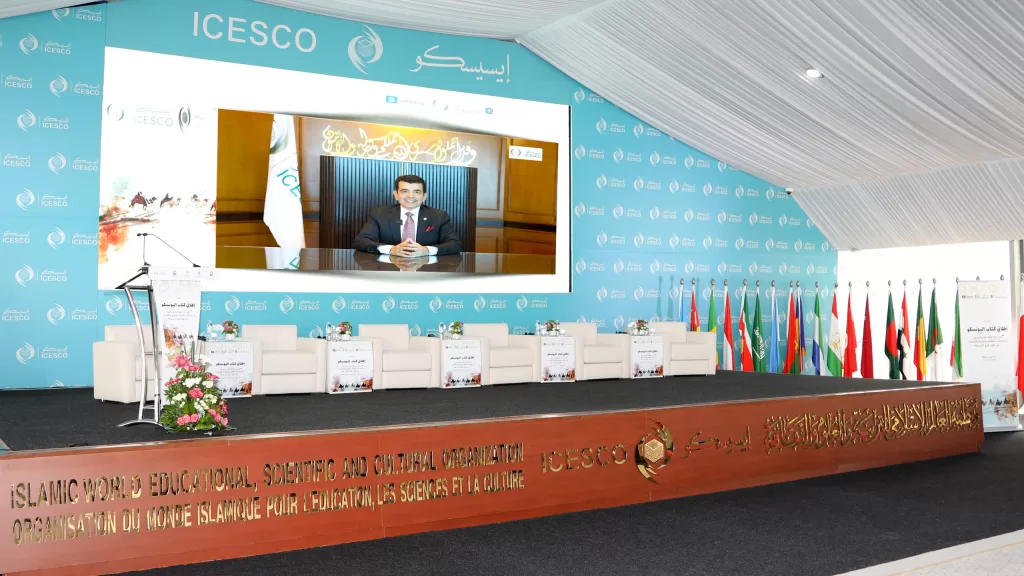
Ms. Gabriela Ramos, Assistant DG for the Social and Human Sciences of UNESCO, expressed her gratitude to the organizers for their efforts in promoting cultural diversity and highlighting the importance of the Arabic language in bridging civilizations.
Dr. Saleh Ibrahim AlKhulaifi, DG of the Sultan Bin Abdulaziz Al Saud Foundation, expressed his joy at the collaborative efforts that led to the publication of the book and emphasized its role in fostering intercultural dialogue through the Arabic language.
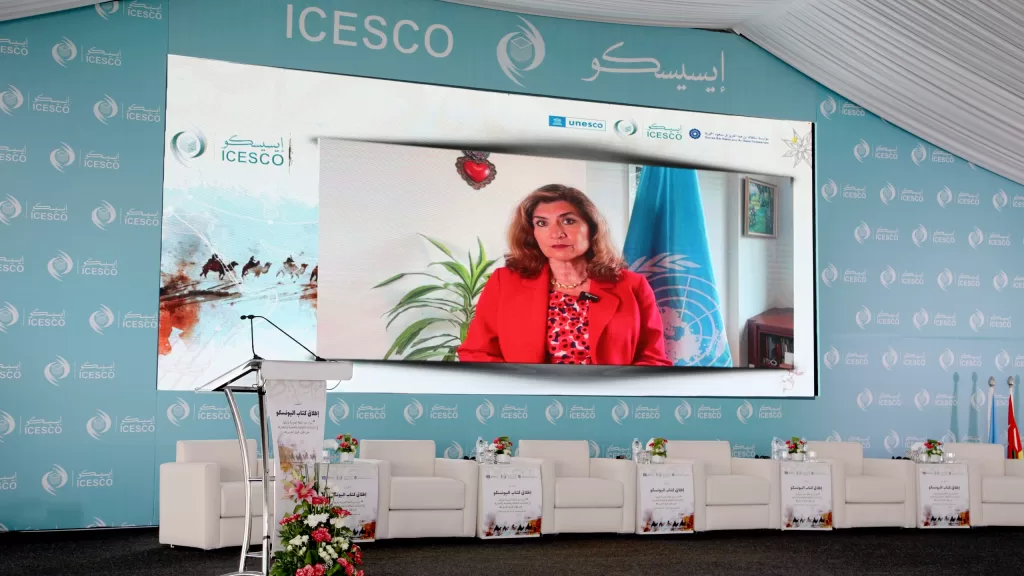
Mr. Eric Falt, Director of the UNESCO Regional Office in Rabat, praised the book launch, stressing its vital role in preserving the legacy of the Arabic language. Moreover, he noted how it has cultivated a distinctive community along the Silk Roads, transcending barriers between diverse peoples.
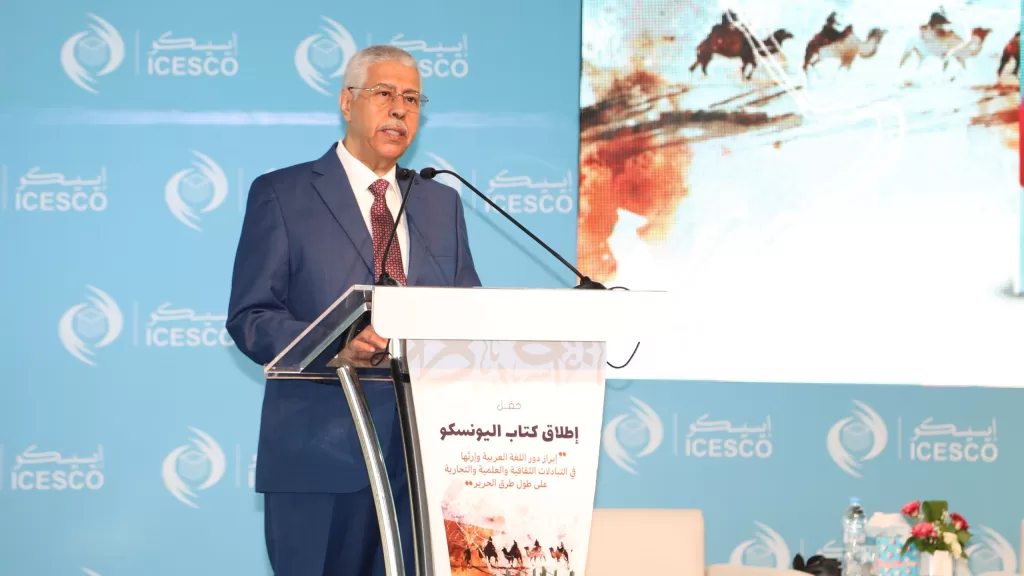
Dr. Li Ruohong, President of the Beijing International Peace Culture Foundation, underscored the global significance of the Arabic language in enhancing heritage and urged the youth to actively preserve the cultural and social legacy of the Silk Roads.
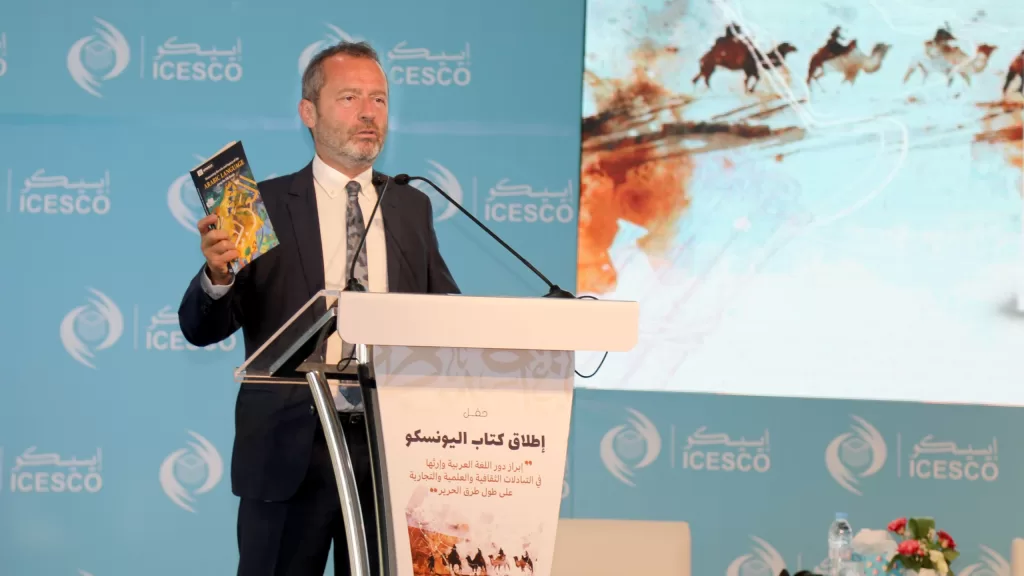
Dr. Hani Al Balawi and Dr. Sidra Tariq Jamil, experts at ICESCO’s Center of Civilizational Dialogue, acknowledged the contributions of the partners and organizers, underscoring the crucial role of the Arabic language in taking up the torch of culture along the Silk Roads. Additionally, they highlighted ICESCO’s diligent efforts in preserving and promoting this legacy.
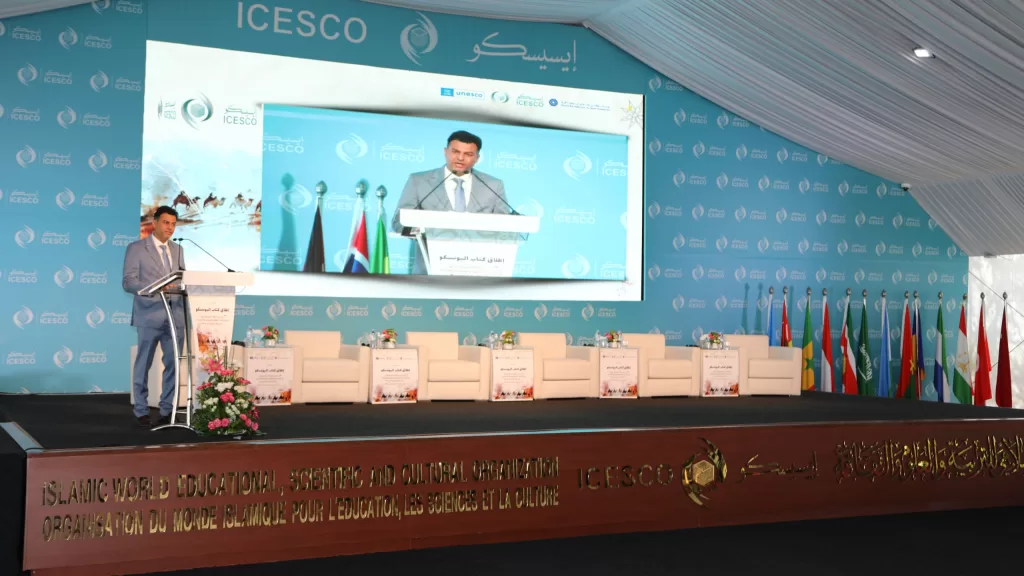
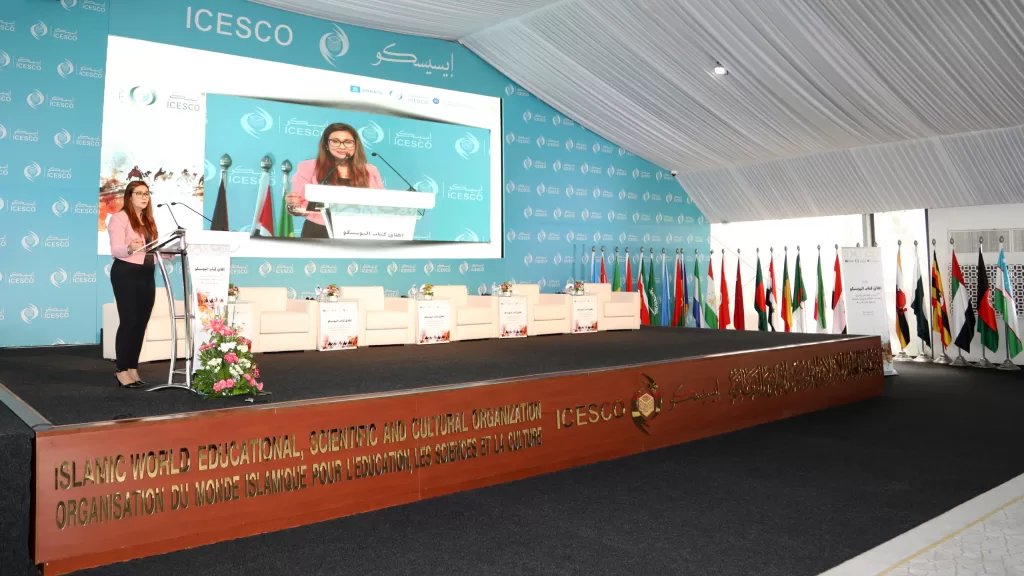
The launch included two panel discussions on the legacy of the Arabic language along the Silk Roads. Dr. Omar Halli, advisor to ICESCO DG for the Federation of the Universities of the Islamic World, chaired the first session, while the second was moderated by Dr. Mehrdad Shabahang, Head of the UNESCO Silk Road Programme.
Dr. Abdulaziz Almagushi, Deputy Director-General of the Sultan Bin Abdulaziz Al Saud Foundation, tackled the importance of Arabic culture, which traversed continents, imparting values, principles, and concepts that positively influenced various societies.
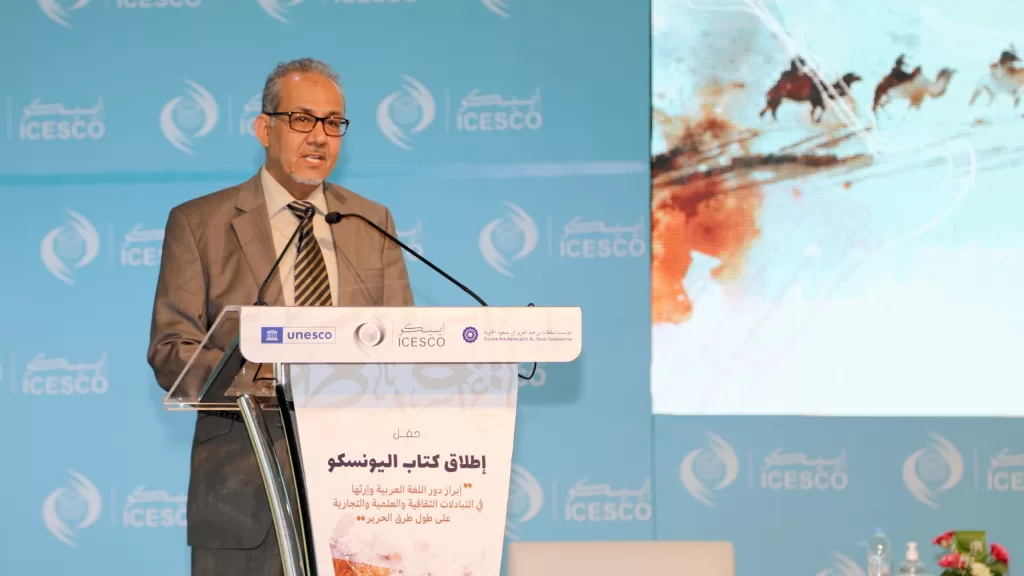
In his concluding remarks, Dr. Abdelilah Benarafa, ICESCO Deputy Director-General, emphasized the profound importance of the Silk Road and the scholarly wealth encapsulated in the UNESCO book. He added that addressing the Arabic language in this launch reflects a strategic vision for languages, particularly Arabic, as a primary conduit for transmitting humanity’s scientific, cultural, and civilizational heritage. He also stressed the necessity of prioritizing its preservation and development.
